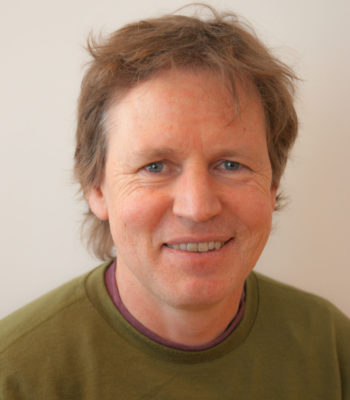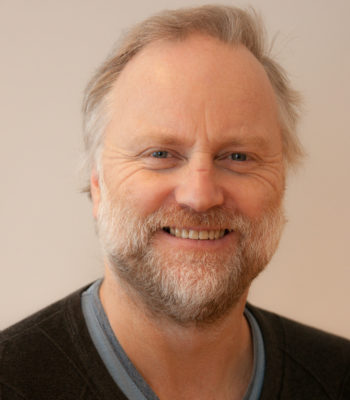WP3: Understanding transitions in bioeconomic value-chains
As a tool for understanding bioeconomic transition in Norway BIOSMART will use a transition theory framework. This provides a series of general principles, patterns and processes applicable across different fields, sectors and disciplines. As noted above, there are a number of common concepts across transition theories, i.e. path dependency, lock-in, system memory, etc. (Lachman, 2013). Application of these concepts enables transition approaches to map and understand the complex interactions between technological systems and society, and identify how to address lock-in of all forms (structural, economic, socio-psychological – Wilson, 2013).
Objectives: The overall aim of WP3 is to understand the transition process for new biotech innovations in Norway using case study examples of biotech, and explore how the introduction of these has influenced different parts of the value chain (from producer to consumer).
Methods: A literature review and document list on transition theories will be constructed to provide other WPs with a shared theoretical basis and language. To explore transition in the Norwegian context three case study analyses (commonly used in value-chain studies, e.g. Aramyan et al., 2007) will be conducted (a) the development of waste recycling processes, and (b) two case studies to be selected on the basis of the initial survey and consultation in WP2a. For each case study the WP will examine factors such as how the technology was introduced, obstacles to introduction, how these were overcome, and what new opportunities were created – and do so across the entire value chain. In addition to the technology specific case studies, and in collaboration with WP10 (policy), a fourth case study will examine the government’s role in promoting transition in Germany (an example of a bioenergy focused transition energy – see GFMER, 2011) and New Zealand (an example of a bioeconomic transition in agriculture). The focus of this WP is on the processes of initiating and promoting transition and will follow the theoretical and methodological guidance of the project’s transition expert Prof. Geoff Wilson.
Outputs: An understanding of how new biotechnology has driven changes in the value chain in a Norwegian context as well as providing a theoretical position on transition for the project.
WP leader: Dr Robert Burton, Ruralis. Dr Magnar Forbord, Ruralis.
Additional participants: Ruralis. Professor Geoff Wilson (UK). PhD student Lillian Hansen, Ruralis (50%).


